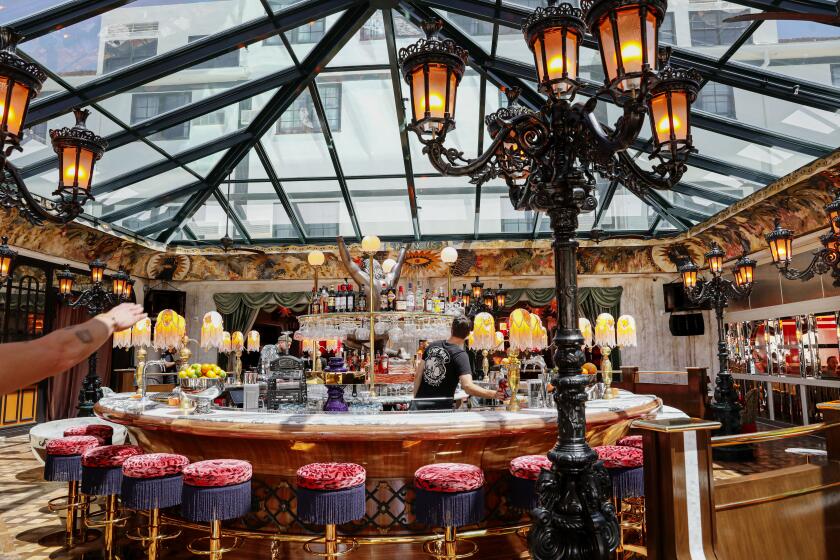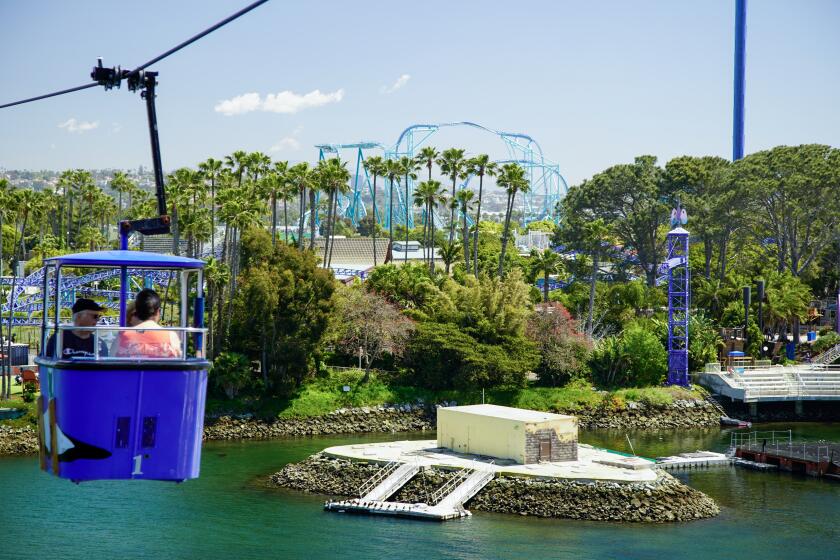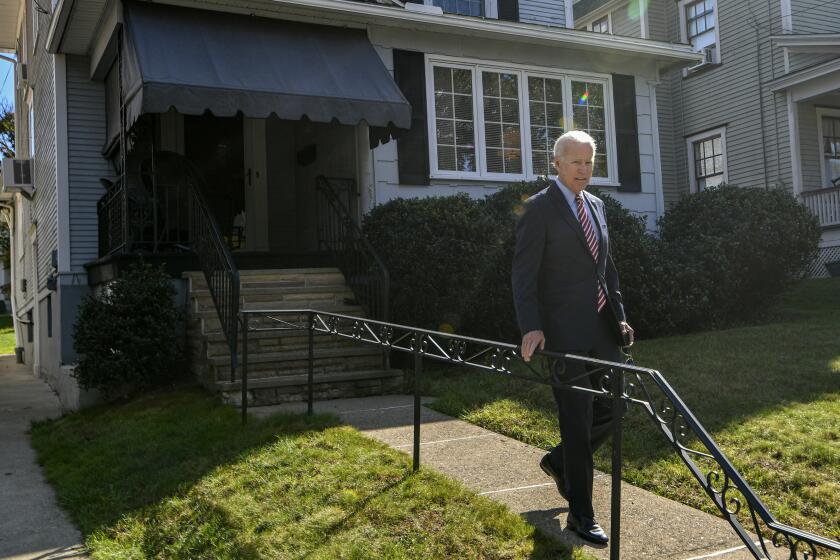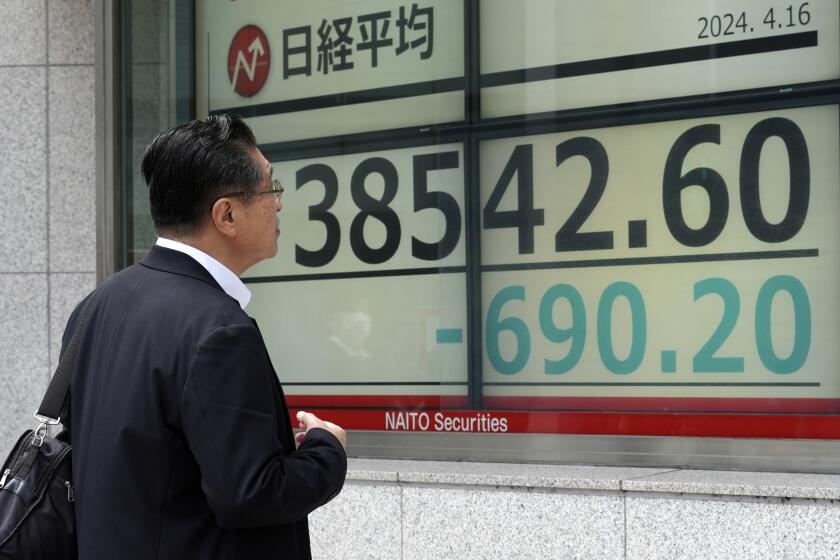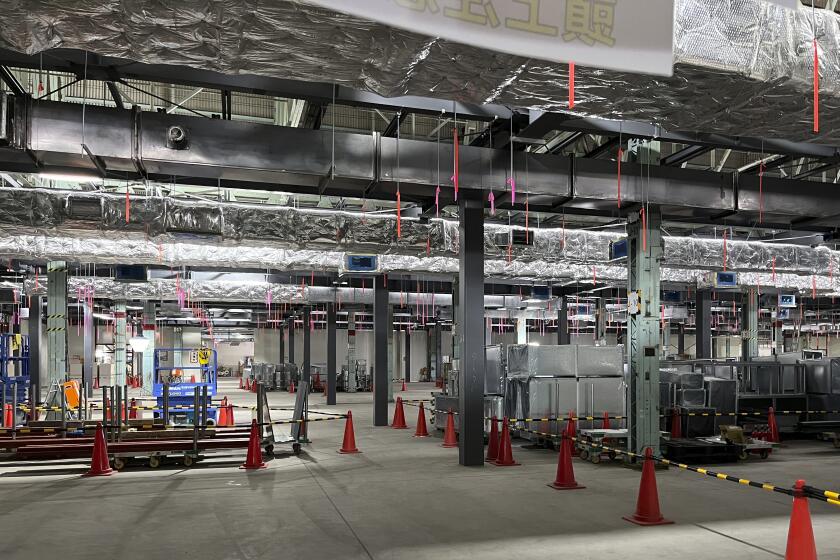Measure C, which would expand convention center, passed last year, San Diego council says. Or did it?
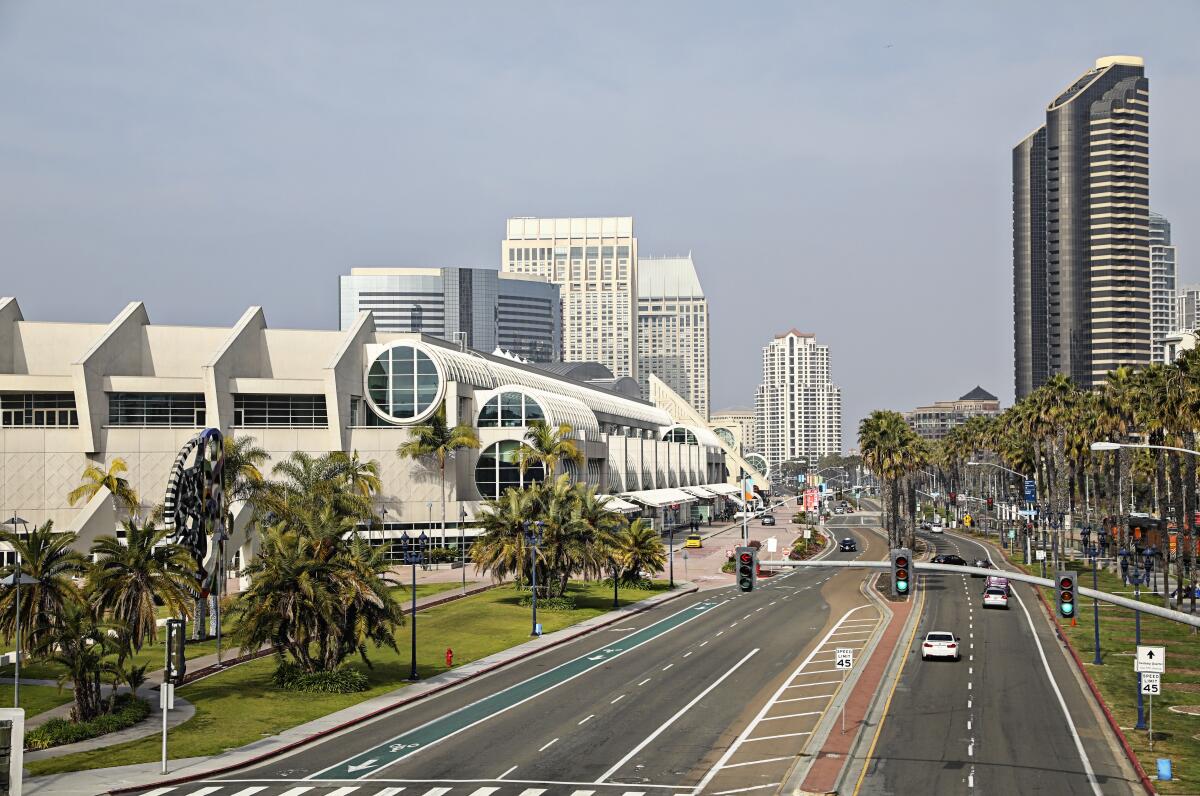
City to turn to courts for ruling that could allow the city to raise hotel tax for financing an expanded convention center, homeless programs and road repairs, a year after voters failed to pass the citizens’ initiative with a two-thirds majority
San Diego’s elected leaders took key steps Tuesday to transform a loss at the polls a year ago into a victory that could potentially clear the way for funding a long-stalled expansion of the city’s convention center, services for the homeless and road repairs.
At issue is Measure C, which sought to hike the city’s hotel tax to raise close to $7 billion to finance the three civic initiatives. The proposition technically failed because it did not garner the two-thirds majority required for approval, although it came tantalizingly close — at 65.24 percent.
Since then, however, there have been three appellate court decisions concluding that simple majority approval is adequate when a tax hike is placed on the ballot by citizens, which was the case with Measure C. The state Supreme Court has so far denied review in two of those cases, which is seen as an encouraging sign for Measure C backers. A third case is awaiting the high court’s review.
Buoyed by those rulings, the council agreed Tuesday to officially declare that the ballot measure was approved in the March 3 election last year and to have City Attorney Mara Elliott’s office file what’s known as a validation lawsuit to legally confirm whether the measure did or did not pass. The council also approved a resolution authorizing the future issuance of bonds for the convention center expansion and homeless programs. No bonds, though, would be issued nor would any increased hotel taxes be collected until there is a favorable ruling in the city’s validation lawsuit.
Mayor Todd Gloria, who had called on the council to take action on Measure C, was pleased with the outcome, despite some dissenting voices.
“The city, in taking this particular action, we believe, will get us before a judge quicker than if the proponents of the measure do it,” Gloria said following the 6-3 vote, with council members Vivian Moreno, Monica Montgomery Steppe and Sean Elo-Rivera opposed. “It’s a significant issue. We’ve already waited a year, longer than we should have. It’s time. We don’t need to take the slow boat on everything. We have the benefit of case law, and this action will address homelessness, which is the No. 1 issue people talk to me about. It’s time to stop talking.”
Some council members, though, questioned the message they would be sending to the electorate by deciding that a ballot measure had passed when voters were advised a year ago that a win required nothing less than a two-thirds majority, which it did not get.
“My vote today is about the integrity of our democratic process,” said Elo-Rivera. “Today’s vote is not about the merits of Measure C. It’s not about expanding the convention center, or creating good-paying jobs or funding homelessness and infrastructure. Those are attractive red herrings ... For the city to certify that the measure passed despite not reaching a threshold we communicated to the voters is a disappointing and unnecessary loosening of our commitment to maintain the purity of the city’s democratic process.”
If the city is successful in its legal effort, an approved Measure C would increase San Diego’s 10.5 percent hotel tax to either 11.75 percent, 12.75 percent or 13.75 percent, depending on how close hotels are to the convention center. Those farthest away would be subject to the lowest tax increase. An analysis of the measure conducted before the COVID-19 pandemic slashed room tax revenue estimated it would generate an additional $6.8 billion over four decades, raising $4 billion to expand the convention center, $2.1 billion for homelessness and $700 million for street repairs.
It’s uncertain how long it will take before San Diego will be able to secure a ruling from the courts. The City Attorney’s office said Tuesday it expects to file its lawsuit shortly.
Representatives of the city’s business community, as well as labor leaders, urged the council to act quickly in hopes that the city can move forward with financing urgent municipal needs.
“As the union that represents the hospitality workers, we still have 5,000 workers who aren’t back to work, and it’s really become obvious to me that leisure travel alone is not enough to get our folks back to work,” said Brigette Browning, who heads the local hotel workers union. “Having a vibrant convention center that is attracting very big groups and large numbers of guests is very important for our people.”
Critics of the city’s move Tuesday told the council that its action goes against what the electorate was told when casting ballots last year — that approval of the hotel tax hike was dependent on a two-thirds majority approval.
Andrea Guerrero, executive director of Alliance San Diego, called council members’ efforts to now conclude that Measure C prevailed an example of voter manipulation.
“In elections, close enough is not good enough,” she said. “The question before you is not about whether Measure C is a good measure or a bad measure but do you have the authority to act beyond your ministerial duty to change the outcome of the election, and you do not. Voters decide elections, not the City Council.”
The council last year set the stage for Tuesday’s action when it decided, following the election, to break from tradition and not characterize the vote on Measure C as a defeat. Instead, it stated only the number of yes and no votes for the initiative.
In the months since the 2020 vote, the coalition of business leaders, organized labor and homeless advocates that backed Measure C discussed behind the scenes a strategy for resurrecting the initiative should ongoing court cases go their way. There were some outside the campaign who believed the backers should initiate the legal effort, while Gloria took the position that the city has a better chance at a favorable outcome if it takes the lead.
“People who are content with a smaller convention center, more potholes and more homeless people, it’s on them to defend their decision,” he said of the opposition.
The continued enthusiasm for expanding San Diego’s bayfront convention center comes at a time when the meetings and trade show industry has been stalled for more than a year because the pandemic shut down all large gatherings. Gov. Gavin Newsom’s announcement Tuesday that the state will likely scrap its color-coded reopening system by June has brightened the prospects for a gradual return to conventions, but it could be years before the meetings industry returns to the levels seen before the pandemic.
Steve Cowan, general manager of the Hilton San Diego Bayfront, argued that in the near term, San Diego will continue to lose convention business to cities with larger centers.
“The facility is aging, it needs to be refurbished,” he said. “We’re losing large citywide conventions that are outgrowing this facility and they’re going to other venues in other states. My job is dependent on a strong visitor industry.”
Get U-T Business in your inbox on Mondays
Get ready for your week with the week’s top business stories from San Diego and California, in your inbox Monday mornings.
You may occasionally receive promotional content from the San Diego Union-Tribune.


